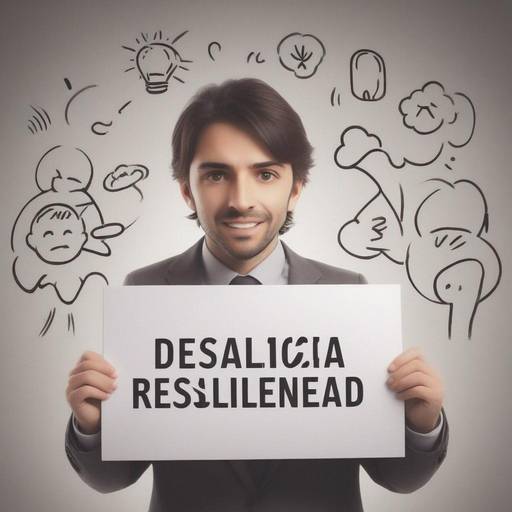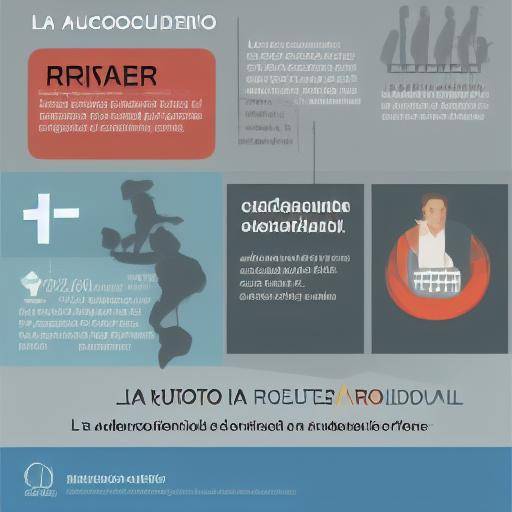
Introduction
In life, we face numerous challenges that sometimes seem insurmountable. Addressing adversities and overcoming obstacles requires a strong mentality and the ability to adapt. Resilience, that quality that allows us to recover and grow up against adversity, is fundamental in this process. In this article, we will explore in depth the impact of resilience on overcoming obstacles and their relationship with personal success. We will analyze its historical importance, its benefits, its application in everyday life and the way it can shape our future.
History and Background
Resilience goes back decades, where researchers and psychologists began to study the ability of certain people to overcome traumatic and challenging situations. Over the years, resilience has evolved from a concept focused on individual psychology to a fundamental pillar in overcoming obstacles at the personal, professional and social levels.
One of the important milestones in understanding resilience was the investigation of the psychologist Emmy Werner in the 1950s. Its longitudinal studies on the development and adaptation of children in risk situations contributed significantly to our understanding of the protective factors that promote resilience.
Deep analysis
Resilience not only implies the ability to recover from adversity, but also the ability to grow and prosper from it. In today's society, characterized by constant and rapid changes, resilience has become a fundamental skill for personal and professional success. According to various studies, resilient people tend to face obstacles with a positive mentality, seeking solutions and learning in each complicated situation.
It is important to note that resilience does not imply avoiding or minimizing the impact of adversities, but rather, assuming them with courage, adaptability and determination. Numerous research has shown that resilient people often develop greater self-esteem, self-confidence and ability to establish strong interpersonal relationships.
Comprehensive review
The practical application of resilience covers various aspects of life. In the workplace, for example, resilient employees tend to handle labour stress effectively, maintaining high performance even under pressure. In the field of education, resilience is related to the ability of students to overcome academic failures and obstacles in learning, promoting their personal growth. In the personal sphere, resilience is crucial to facing losses, disappointments and family challenges.
Comparative and Conclusions
In short, resilience plays a key role in overcoming obstacles and achieving personal success. Its positive influence extends to multiple aspects of life, from the individual to the collective. Addressing challenges and overcoming obstacles is not only an inevitable part of life, but also an opportunity to grow, learn and strengthen our resilience.
Conclusion
In short, resilience is an invaluable attribute that can make the difference between facing obstacles and turning them into opportunities for personal growth. By understanding its importance, learning to cultivate and apply it in our lives, we can face challenges with greater confidence and strength. Resilience not only allows us to overcome obstacles, but also achieve greater personal success and contribute to the well-being of those around us.






















































